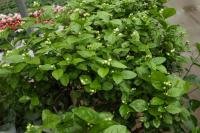1、 Curing method
1. Soil: the soil with good air permeability is more suitable for its growth. When preparing the soil, put a layer of sand on the bottom of the flowerpot, and mix the garden soil or sandy soil with rotten leaf soil on the upper layer
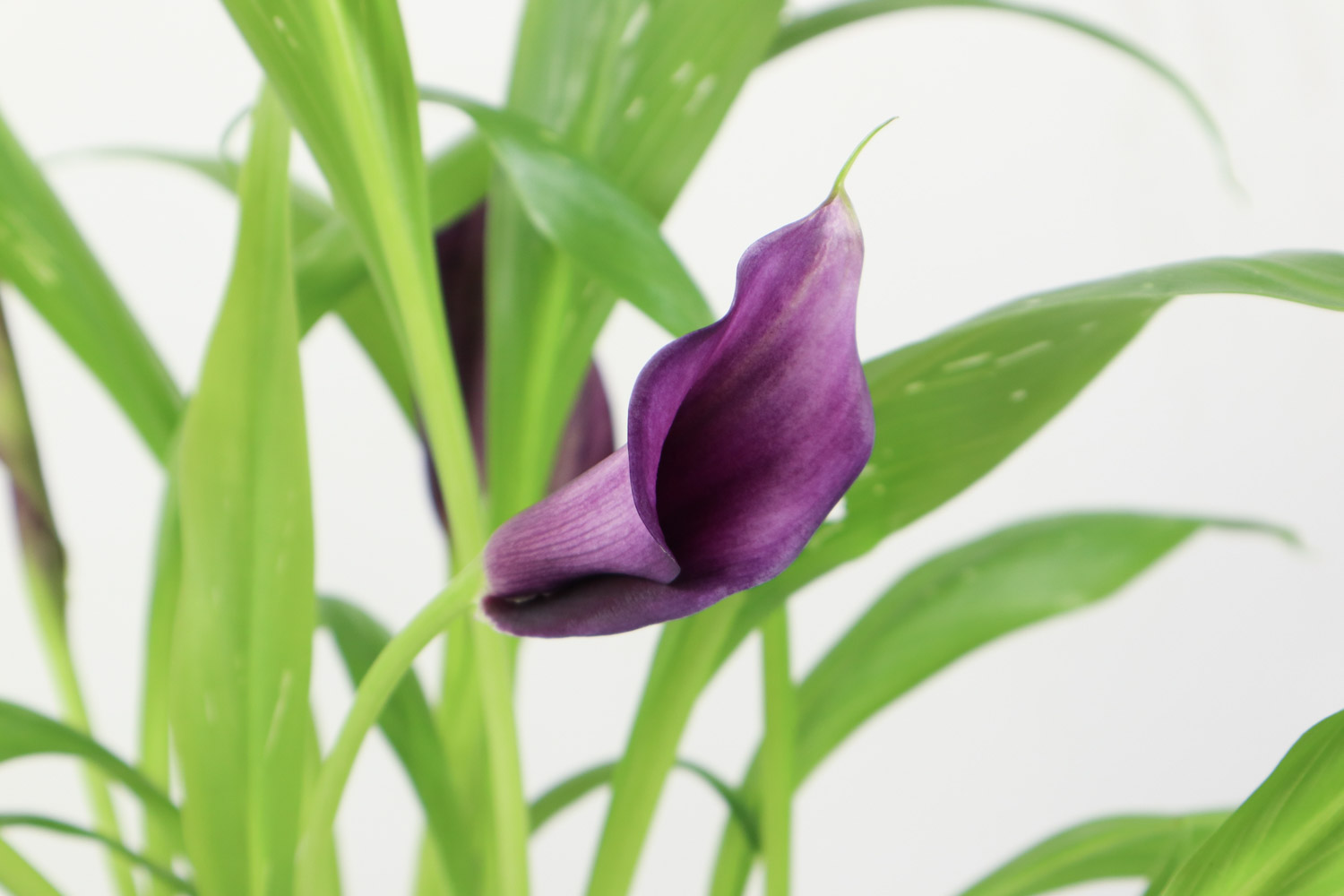
2. Temperature: it prefers a cooler growth environment, and the most suitable ambient temperature for its growth is 22-30 ℃. In summer, we should pay attention to high temperature and sunscreen. In winter, we should move it indoors as soon as possible because it is afraid of cold
3. Watering: it's OK to keep its basin soil slightly wet at ordinary times. There's no need to customize the watering time strictly. If the soil turns white and dry, water it once. In summer, you can often spray water to moisturize and clean the leaves
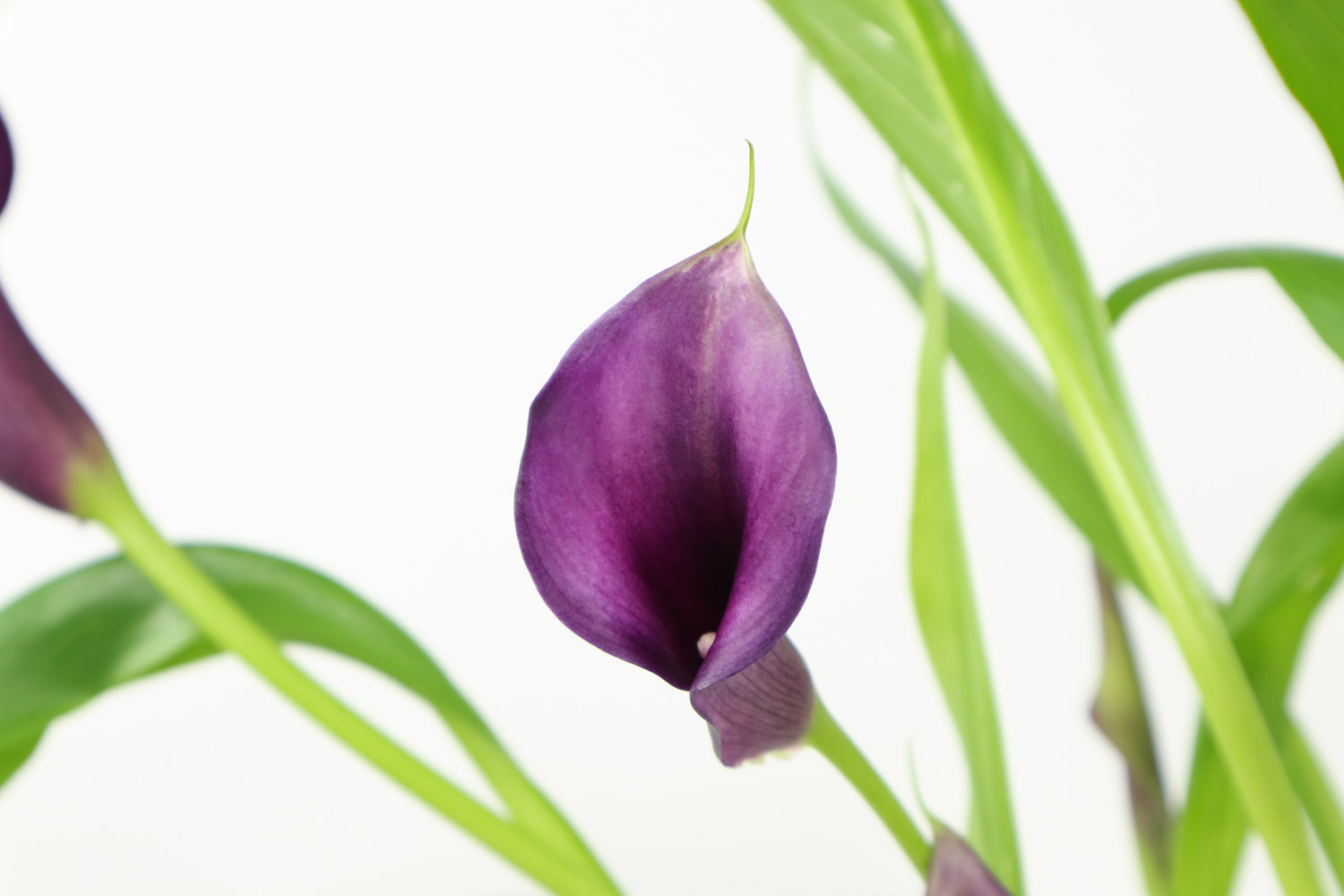
4. Light: it's OK to keep it indoors during normal maintenance, but at the stage of its rapid growth, it should see more sunshine. The demand for light is different in different stages. Just note that the sunlight can't be too strong
2、 Breeding skills
1. Post flower maintenance: after its flowers bloom, they will lose their ornamental ability, so the residual flowers should be cut off in time. We should also pay attention to the surrounding dead branches and old branches, so as to avoid the waste and excessive loss of nutrients, so as to better grow
2. Pruning: when changing pots, its roots should also be properly pruned to remove all the withered and rotten roots, so as to promote the growth of new roots. Replace a bigger pot, put soil on it and plant it again
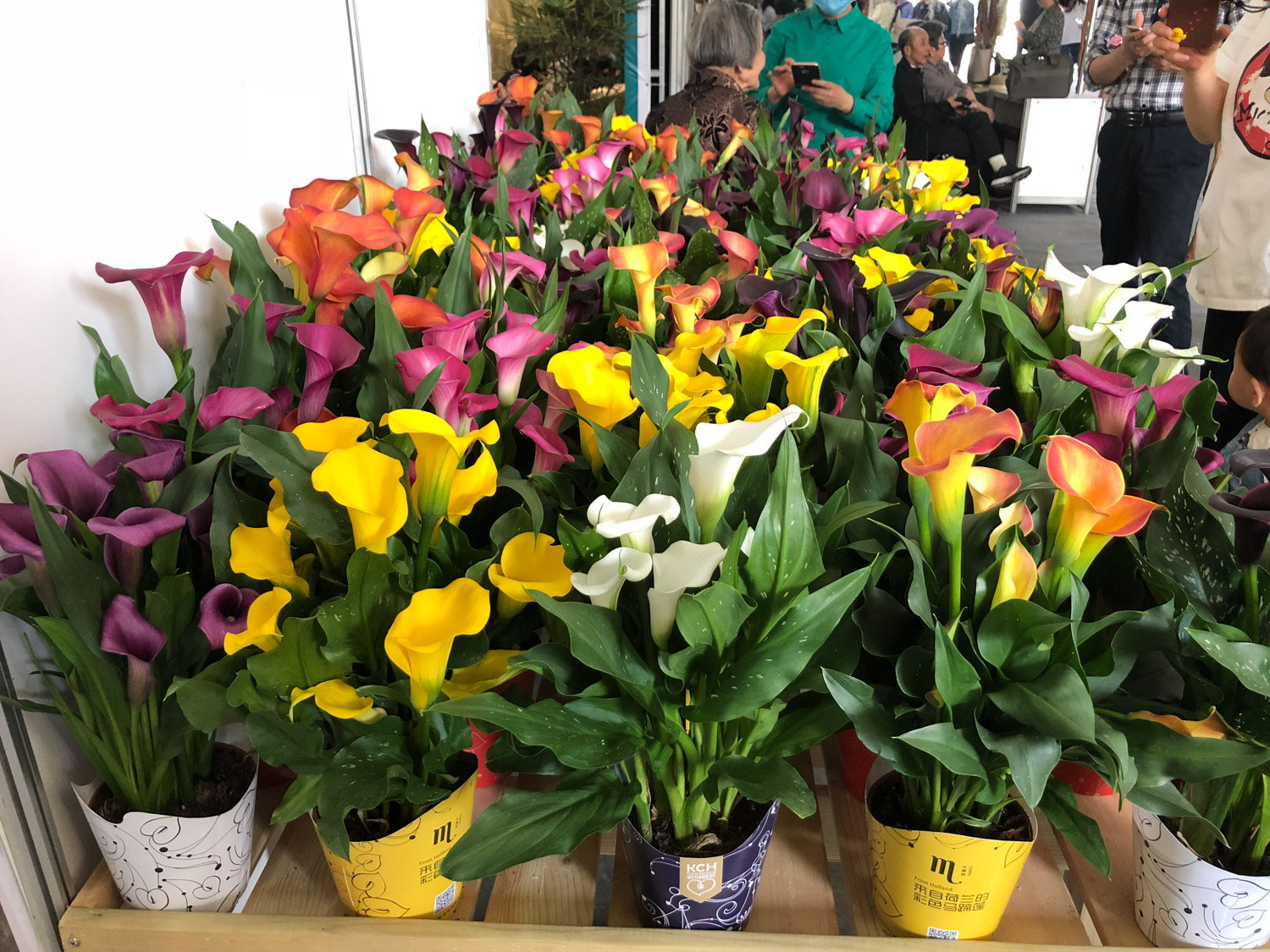
3、 Diagnosis and treatment problems
1. Yellow leaves: the common reason is that the nutrients in the basin soil are not enough, that is, when it is time to apply fertilizer, yellow leaves will appear. Fertilizer should be applied to it in time to ensure sufficient nutrients
2. No flowering: it may not bloom because the ambient temperature of its growth is too high. If the temperature is too high, it is not conducive to its flowering, and there should be enough light to promote its flowering. Therefore, the temperature should not be too high during curing, and the temperature should be reduced to 30 ℃
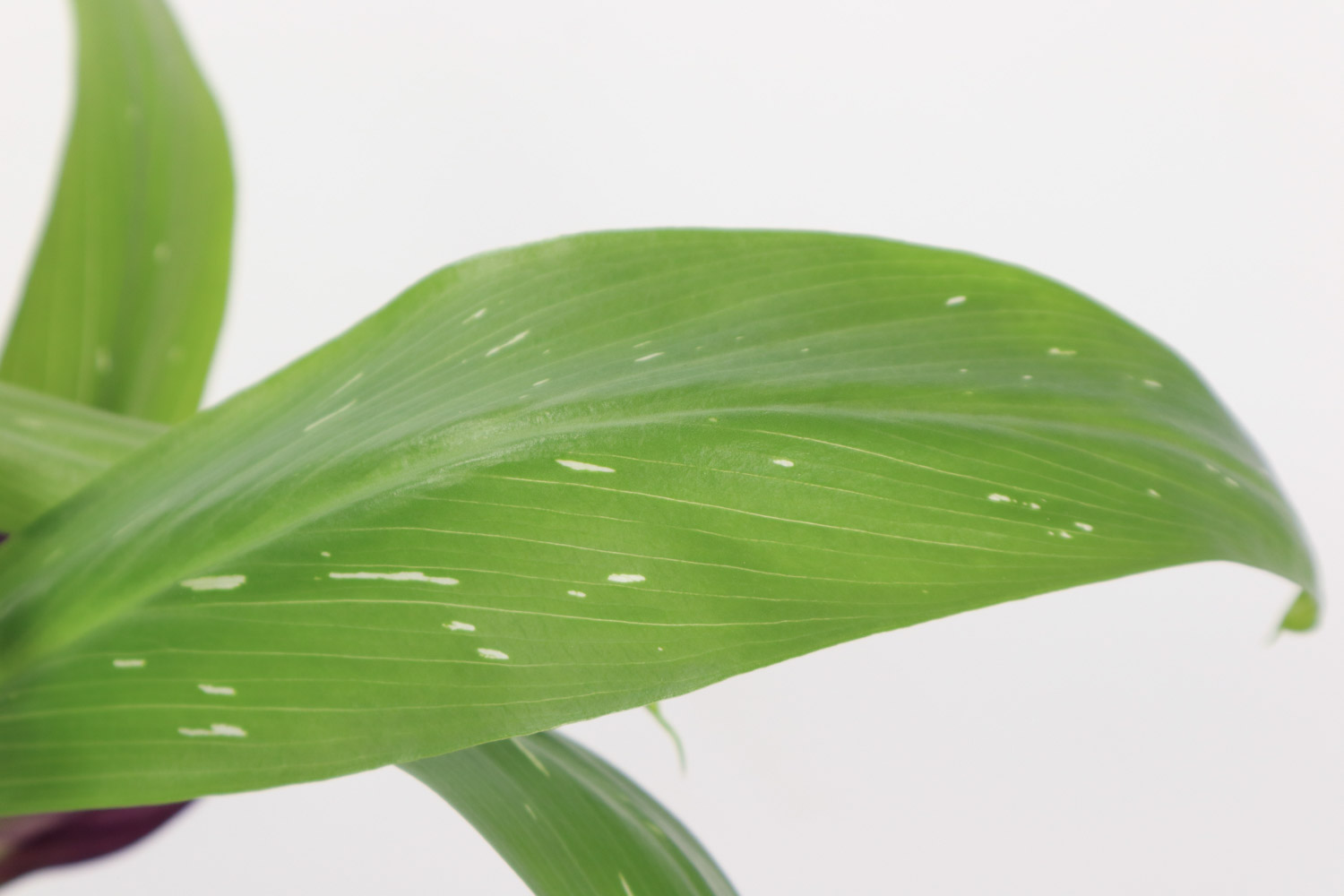
4、 Other issues
1. Toxicity: color Calla has certain toxicity. It contains alkaloids and herbal calcium crystals, so you must pay attention not to eat it by mistake during maintenance
2. Whether it can be raised indoors: although it is poisonous, there is no problem in indoor breeding. Just pay attention to placing it a little higher from the child
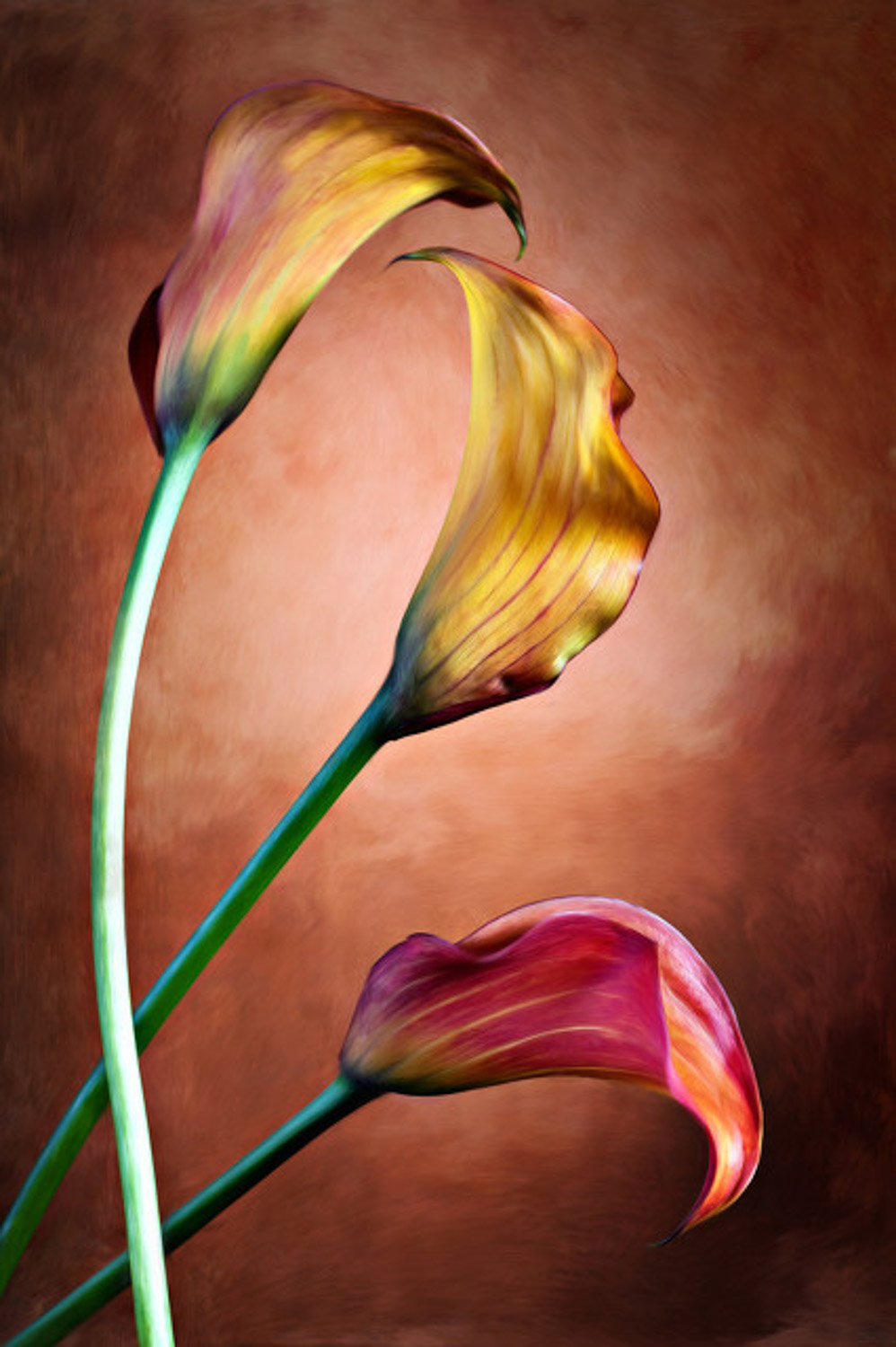

 jackfruit
jackfruit snake plant
snake plant hibiscus
hibiscus hydrangea
hydrangea lavender
lavender Green roses climb al...
Green roses climb al... If you don't pay att...
If you don't pay att... Management of four g...
Management of four g...

























